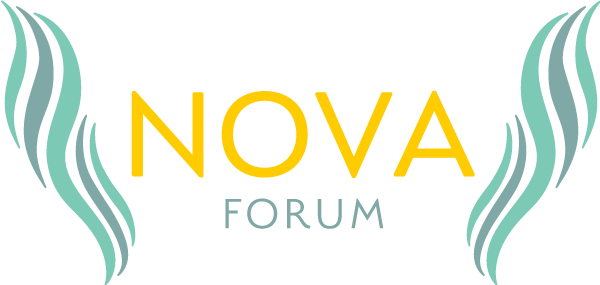The final session of Reading the Fathers. A three-part series led by Nova Forum Senior Fellow Prof. Stefano Rebeggiani. This event is in-person and a light meal will be provided.
In continuity with the topic of the 2021-22 Nova Forum Seminar, this year’s colloquium Reading the Fathers focuses on Augustine’s masterpiece Confessions. Written ca. 397 CE, Confessions is the history of Augustine’s life from birth to adulthood and of the long journey that brought him to Christianity. With an unprecedented level of introspection, Augustine bares his thoughts, feelings, and desires. He reflects on God and evil, meditates on sin and free will, discusses philosophy and the Bible, surveys the relationship between reason and faith, explores memory, love and time. On this journey, Augustine is led by his desire to find meaning — always a restless soul, he would not settle for anything less than the truth. He was prepared to admit to himself that he was profoundly unhappy and unable to rest content with the limited consolations offered by material pleasures, affections and earthly success.
This short seminar series is open to anyone with an interest in Augustine’s Confessions, regardless of their academic background and religious affiliation (or lack thereof). Attendance is especially recommended for the restless souls who want to engage Augustine’s answer to the question of what makes life worth living.
IMPORTANT:
No knowledge of Latin is required to participate in these seminars. We will use an edition with a facing Latin text of Confessions; we may occasionally have a look at what words express Augustine’s concepts in the original and I will give you the opportunity to hear what the text sounded like in Augustine’s native language, but we will read and discuss Confessions in English translation.
A set of questions will guide our reading:
What made Christianity attractive for Augustine? What made him think that in Christianity he could find the answer to his desire for happiness and meaning?
What is faith and how is it different from other forms of knowledge.
What discoveries helped Augustine overcome the intellectual obstacles that made it impossible for him to fully embrace the Christian faith?
What is ‘conversion’ and how does it happen?
What relationship is there between the announcement of the Gospel, mankind’s ability to love, and the life of the Christian community?
Readings: Confessions 8.1-12
